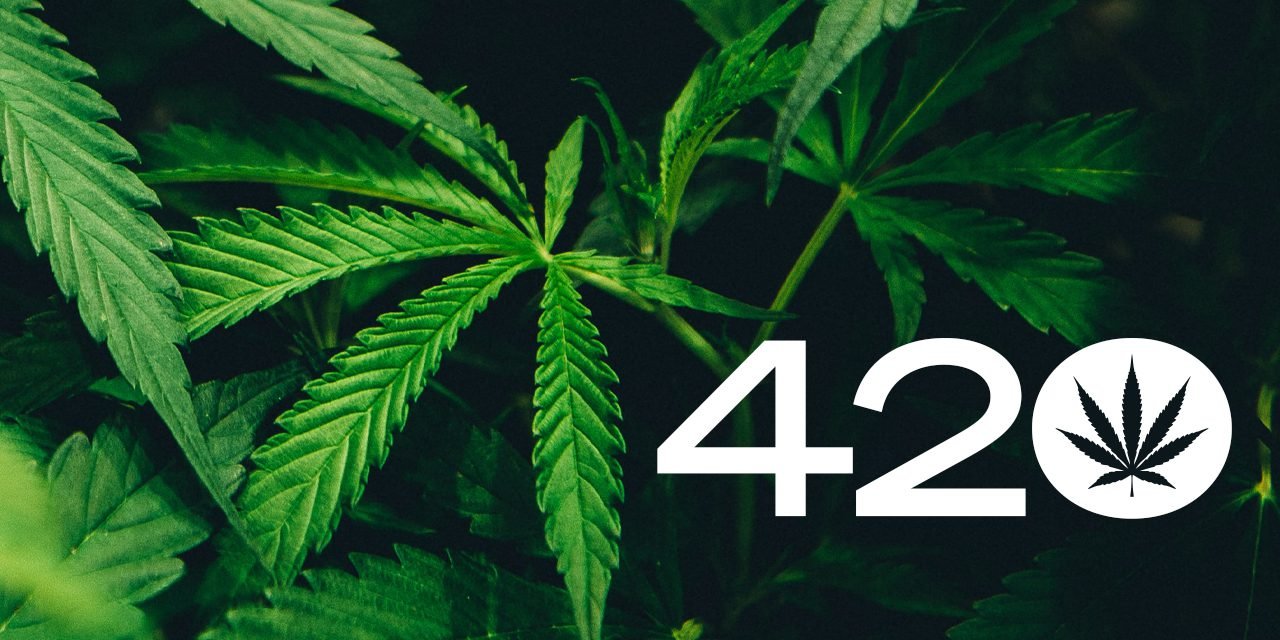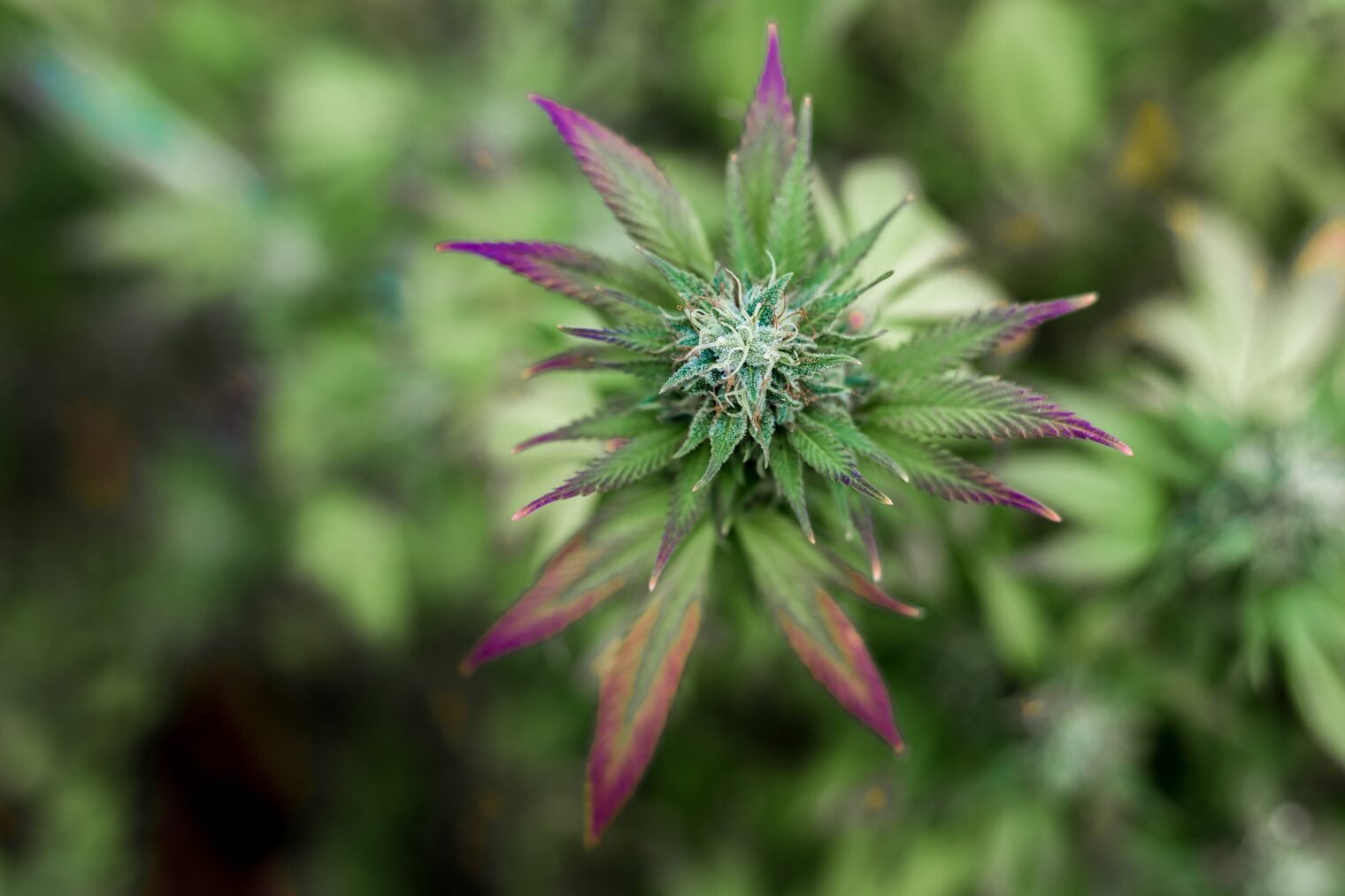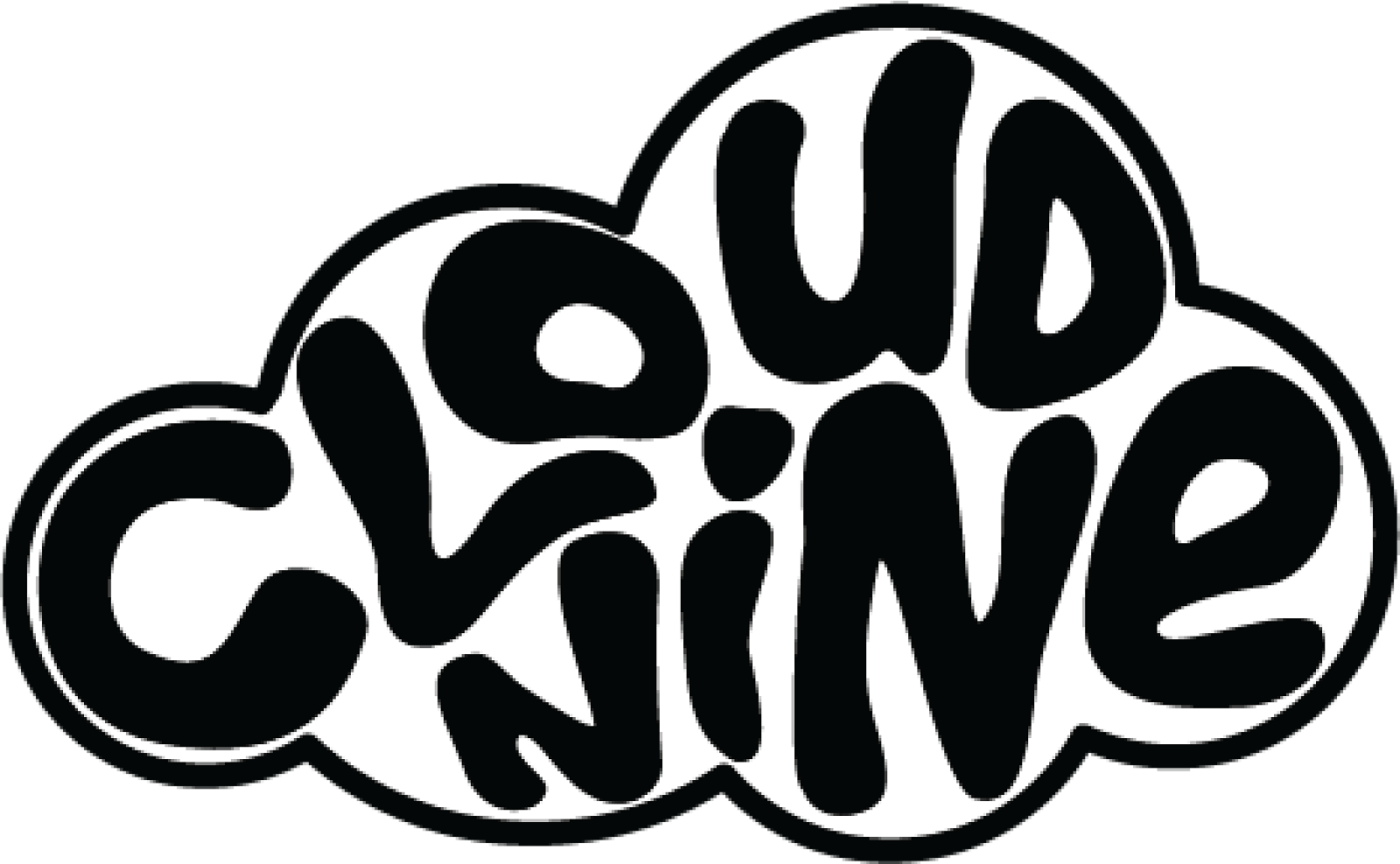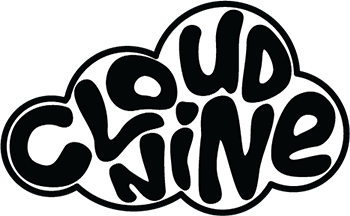High Times: Exploring the Origins of 420 and Its Cultural Impact

Table of Contents
The origins of 420 are not often discussed. Many people celebrate 420 but don’t know why. Did you know it started with a group of high school students in the 70s? Our post will give you the full story and show how this number changed weed culture.
Keep reading to discover the origins of 420 and its fascinating journey.
The Origins of 420 Story
In the 1970s, a group of California teens coined the term “420” to refer to their plan to search for a rumored abandoned cannabis crop. As they connected at 4:20 pm on April 20th, the term later spread within the Grateful Dead community, becoming synonymous with marijuana culture.
The group of California teens in the 70s
A group of California teens in the 70s stumbled upon what would become an iconic symbol of cannabis culture. They met at 4:20 pm to search for an abandoned cannabis crop, adopting “420” as their code.
This term encapsulated their adventures and shared moments, laying the groundwork for a larger cultural movement centered around marijuana consumption and advocacy.
Their story quickly intertwined with the broader counterculture movement, catching the attention of influential figures within the Grateful Dead community. As these teens shared their secret code, it spread beyond their circle, igniting a spark that would transform “420” into a global phenomenon associated with marijuana celebration, advocacy for legalization, and rebellion against mainstream norms. These are the origins of 420.
The connection to the time and date (4:20 pm on April 20th)
The origins of 420 as a term are linked to a group of California teens in the 1970s who would meet at 4:20 pm every day to search for an elusive marijuana patch. This time and date became synonymous with cannabis culture and counterculture movements as it spread through the Grateful Dead community, gaining cultural significance in relation to marijuana use.
Symbolizing a rebellion against established drug policy, April 20th has become an annual celebration for marijuana enthusiasts worldwide. The confluence of this specific time and date continues to play a significant role in modern cannabis activism, legalization efforts, and overall cultural impact.
The spread of the term to the Grateful Dead community
The Grateful Dead community embraced the term 420, helping to spread its use beyond the original group of California teens. The band’s followers adopted the term as part of their own lingo and integrated it into their culture.
This association with the Grateful Dead community further popularized 420 within drug culture, contributing to its widespread recognition today in celebrating marijuana culture and advocating for drug policy reform.
Next, let’s delve into “The Cultural Impact of 420” and explore how this phenomenon has influenced popular culture and societal attitudes towards cannabis consumption.
The Cultural Impact and Origins of 420
420 has come to symbolize the celebration and recognition of marijuana culture, as well as serving as a political statement for advocating its legalization. It is used as a symbol of rebellion and counterculture, influencing movements towards acceptance and understanding.
Celebration and recognition of marijuana culture
Celebration and recognition of marijuana culture hold a prominent place in the origins of 420. It serves as a time to honor the plant’s impact on music, art, and social movements. Legalization advocacy efforts also gain momentum during this celebration, promoting awareness about the medicinal benefits of marijuana.
Participation in cannabis-themed events showcases solidarity within the stoner community and amplifies the voices advocating for policy reform. Through these celebrations, individuals commemorate their love for weed while striving towards broader societal acceptance and understanding.
Political significance and advocacy for legalization
Advocates of 420 view it as a symbol of their support for marijuana legalization. They utilize the day to promote awareness, organize rallies, and lobby for changes in legislation.
The significance of the origins of 420 extends into political activism, reinforcing its role as a cultural phenomenon.
Moving forward, the future of 420 depends on ongoing efforts to advocate for marijuana legalization and mainstream acceptance while remaining connected to its countercultural roots.
Use as a symbol of rebellion and counterculture
From political significance and advocacy for legalization, the cultural impact of 420 also extends to its use as a symbol of rebellion and counterculture. The term 420 has been embraced by those who advocate for countercultural practices and alternative lifestyles, seen as a way to challenge societal norms and push back against authority.
Embraced by stoner culture, the association with 420 can be seen as an act of defiance against the illegality of marijuana and a celebration of individual freedom.
Furthermore, 420 serves as a symbol of resistance against mainstream ideologies and social constraints. It is intertwined with the spirit of non-conformity, representing a community that rejects traditional values and seeks to create its own subversive identity within society.

The Evolution of 420
Social media has significantly contributed to the widespread popularity of 420, leading to its commercialization and branding. To learn more about how this underground holiday evolved into a mainstream event, keep reading!
Social media influence and widespread popularity
Social media platforms have played a significant role in the widespread popularity of 420. Users share and promote 420-related content, contributing to its visibility and reach. Brands leverage social media to market products associated with 420 culture, further fueling its commercialization.
Influencers and celebrities use their social media presence to endorse 420 events and merchandise, amplifying its appeal among diverse audiences. The widespread dissemination of 420 content on social media has transformed it from an underground holiday into a mainstream cultural phenomenon.
Commercialization and branding of 420
Brands have capitalized on 420’s widespread popularity, using it to promote various products and services related to cannabis culture. From clothing lines and accessories to special menu items at restaurants, the commercialization of 420 has expanded its influence beyond traditional underground celebrations.
As a result, the once countercultural event has become increasingly integrated into mainstream consumer markets.
Companies leverage 420 as a branding tool to attract consumers interested in marijuana-related products and experiences. With the rise of social media influencers and celebrities endorsing these brands, the commercialization of 420 continues to grow, reshaping its cultural significance while also fueling ongoing debates about authenticity within the community.
Shift from underground holiday to mainstream event
The commercialization and branding of 420 propelled its transition from an underground holiday to a mainstream event. Marketers seized the opportunity, leveraging social media influence to spread the celebration beyond counterculture circles.
This shift in perception effectively introduced 420 as a widely recognized and celebrated occasion in popular culture, extending far beyond its origins.
The evolution of 420 fostered its integration into mainstream society, shedding light on marijuana culture and advocacy for legalization while embedding itself firmly within modern cultural norms.
The Future of 420
The future of 420 includes continued advocacy for marijuana legalization and potential further commercialization and mainstream acceptance. It is important to remember the origin story and stay true to its roots amidst these changes.
Continued advocacy for marijuana legalization
Advocates for marijuana legalization persist in their efforts to change laws and public opinion. They push for legislation that allows the recreational and medicinal use of cannabis, emphasizing its potential benefits.
These advocates work to educate the public on the positive aspects of marijuana use, aiming to dispel misinformation and stigma associated with it.
In parallel, they strive to ensure fair access to cannabis products for those who require them for medical purposes. Through ongoing activism, they aim to expand research into the health benefits of marijuana while pushing for equal rights in states where it remains illegal.
Potential for further commercialization and mainstream acceptance
As 420 continues to gain widespread popularity, there is a potential for further commercialization and mainstream acceptance. Brands are capitalizing on the cultural significance of 420, creating products and events catering to marijuana enthusiasts.
This evolution from an underground holiday to a mainstream event has led to increased visibility in popular culture and media. With the ongoing advocacy for marijuana legalization, 420 could continue its path towards acceptance as a widely celebrated occasion.
Furthermore, the increasing commercialization of 420 brings opportunities for businesses involved in cannabis-related products and services. As the holiday gains more recognition and support, it holds promise for becoming an established part of mainstream culture.
Importance of remembering the origin story and staying true to its roots
Staying true to the origin story of 420 is crucial in honoring its roots. Recognizing the California teens’ influence and their connection to April 20th at 4:20 pm preserves the cultural significance.
By remembering where it all began, we maintain respect for its history, ensuring that the legacy remains intact.
Preserving the authenticity of 420’s origins upholds the values it represents. Embracing its roots is paramount for understanding its impact on drug culture and marijuana advocacy.
Conclusion
As we explore the origins of 420 and its cultural impact, it’s clear that this time and date have a fascinating history. Celebrating marijuana culture and advocating for legalization, 420 has evolved from an underground holiday to a mainstream event.
As we look to the future, it’s important to remember its roots while considering the potential for further commercialization and acceptance in society.


